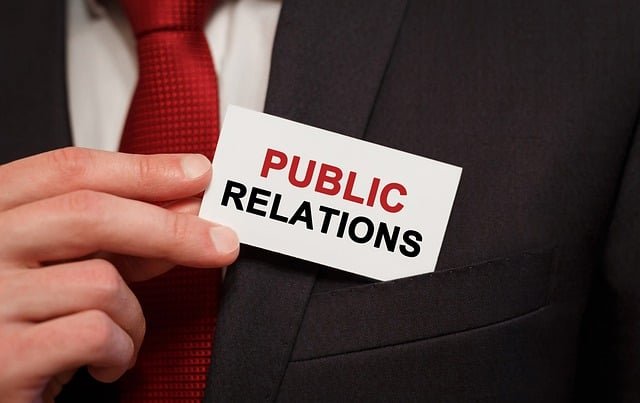In this Interconnected 5G world, the role of public relation (PR) has become more vital than ever. From renowned organizations to small businesses, and government agencies to nonprofits, public relations is essential to building and maintaining a good reputation, building relationships with stakeholders, and exploring the complexities of public opinion.
What is Public Relation?
Public relation is an effective communication process designed to control and influence an individual, group or public’s perception of an individual, organization, product or problem. Unlike advertising, which includes paid information to promote a brand or product, PR focuses on profitable media and relationships with journalists, influencers, and communities.
The Importance of Public Relations
Reputation Management: In an age where news spreads rapidly through social media and digital platforms, it is important to protect and develop a reputation. Public relations professionals create a positive image and redo it to address any negative publicity or problems that may arise.
Building Trust and Credibility: Trust is the foundation of relationships and PR plays an important role in building trust and confidence among stakeholders, Customers, employees, investors and citizens. Organizations can increase the trust and loyalty of their target audience by communicating transparently and honestly.
Media Relations: Good media coverage can influence public perception and brand awareness. Public relations professionals build relationships with journalists, bloggers and influencers to generate media interest and secure addresses in publications, websites and published publications.
Communication Issues: In times of crisis or conflict, effective communication is critical to reduce reputation and restore trust. Public relations professionals are trained to develop crisis communications plans, manage media inquiries, and coordinate responses in a transparent and accountable manner.
Business development: In addition to managing reputation and understanding, public relations can also help by building business awareness, generating leads and increasing customer engagement. Public relations campaigns can increase brand awareness, attract new customers and strengthen relationships with existing customers.
Public Relations Best Practices
Strategic Planning: A successful PR campaign begins with a clear strategy for matching the PR campaign to the organization’s goals and objectives. Public relations professionals conduct research, identify the target audience, and develop messages and strategies to achieve desired results.
Publishing Content: Interesting content is the result of PR. Whether it’s a press release, blog post, or social media update, public relations professionals create consistent content that resonates with audiences.
Building Relationships: Building and developing relationships is basic PR. Public relations professionals build relationships with journalists, stakeholders, community leaders and other stakeholders to spread their messages and gain support for their organization or cause.
Monitoring and Evaluation: Monitoring media coverage, and other key metrics are critical to assessing the success of a PR campaign. By tracking key performance indicators and analyzing data, public relations professionals can adjust their strategies and demonstrate the impact of their efforts.
Conclusion
In this dynamic and interconnected world, public relations play an important role in shaping public understanding, building trust and ensuring business success. Using public relations strategies, organizations can manage their reputation, engage stakeholders, and achieve their goals in the competitive market. From crisis communications to corporate marketing, the power of PR in today’s ever-changing social media landscape cannot be underestimated.

